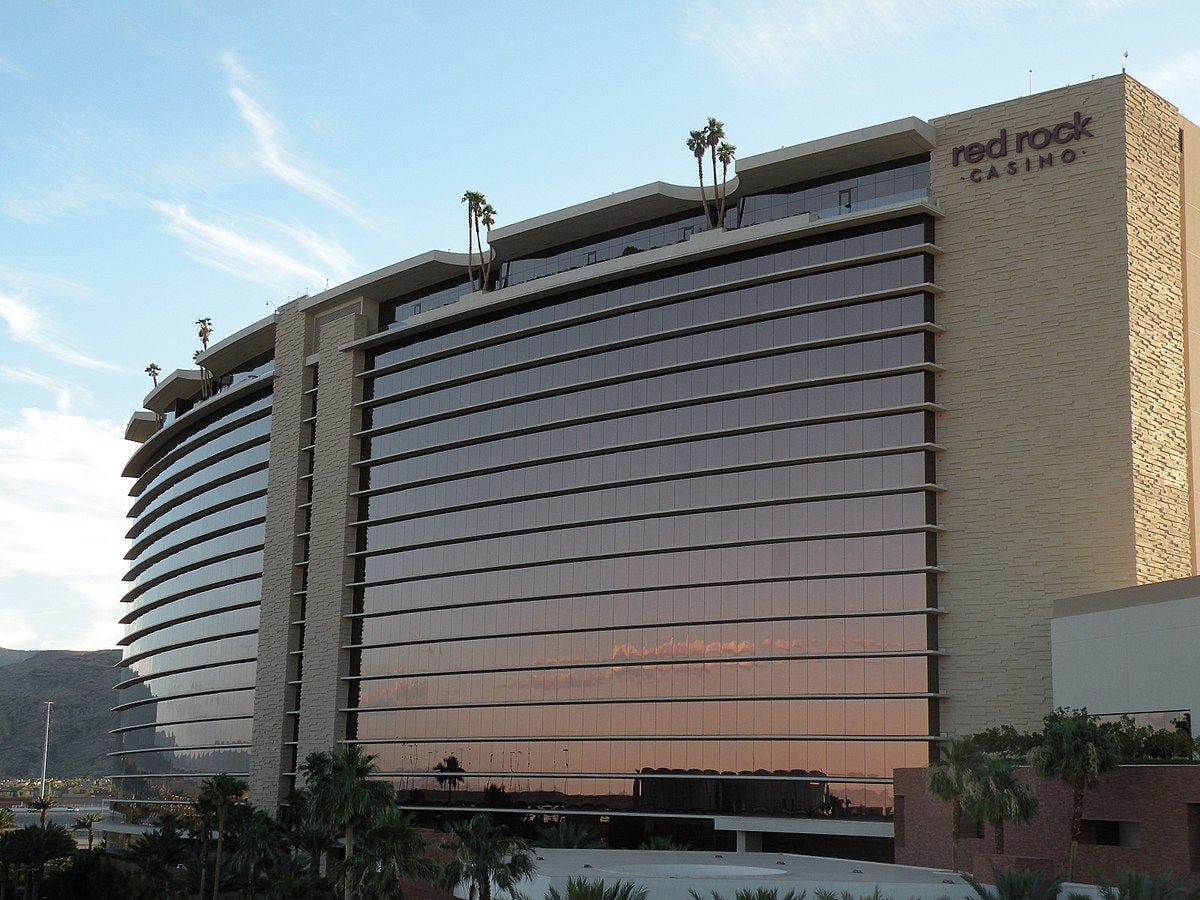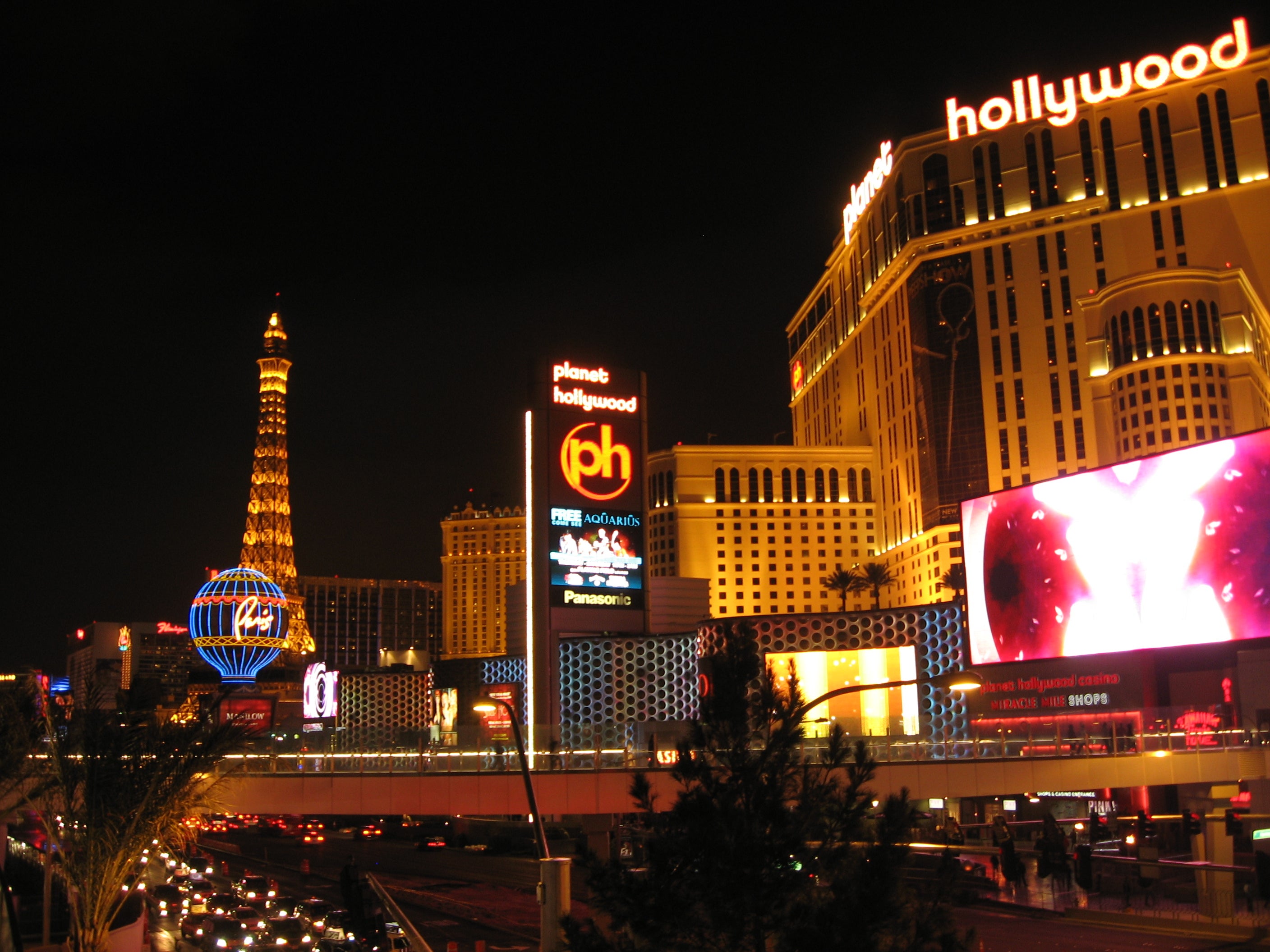Prior Federal Penalties
Wynn Resort’s $5.5 million state fine follows a far larger federal penalty. The company paid a record $130.13 million fine to the US Department of Justice in 2024 to settle identical money laundering charges. The non-prosecution agreement (NPA) with federal prosecutors cited systemic failures, including facilitating proxy betting and unregistered money transfers for high-risk clients.
Federal investigators from the DEA, IRS, and Homeland Security uncovered that Wynn knowingly hosted Chinese nationals with criminal histories, violating anti-money laundering protocols. One DOJ example involved one such patron who “had spent six years in prison in China for conducting unauthorized international monetary transactions” yet was permitted to gamble freely. The NGCB later conducted its own probe, resulting in the new fine.
Wynn’s Compliance
Wynn Resorts acknowledged the regulatory violations in a public statement but attributed misconduct to “several rogue employees” with whom the company has since cut ties. During the hearing, Wynn’s legal team confirmed at least six implicated staffers were dismissed, aligning with their NPA pledging enhanced anti-money laundering safeguards.
A spokesperson emphasized the company’s commitment to resolution, stating: “We are pleased that we have resolved this matter with the Nevada Gaming Control Board, which is the same matter Wynn Las Vegas resolved with the U.S. Attorney’s office in September 2024.” While accepting responsibility, Wynn framed the penalties as closing a chapter on past failures, asserting current protocols exceed regulatory requirements to prevent recurrence.
A Pattern of Strip Property Penalties
Wynn is the third Las Vegas operator fined for money laundering since March, following Resort World’s $10.5 million settlement and MGM’s $8.5 million penalty. Both cases involved Scott Sibella, who served as president at both companies before pleading guilty to Bank Secrecy Act violations in 2024. Sibella received a one-year probation, a $9,500 fine, and a five-year gaming license revocation.


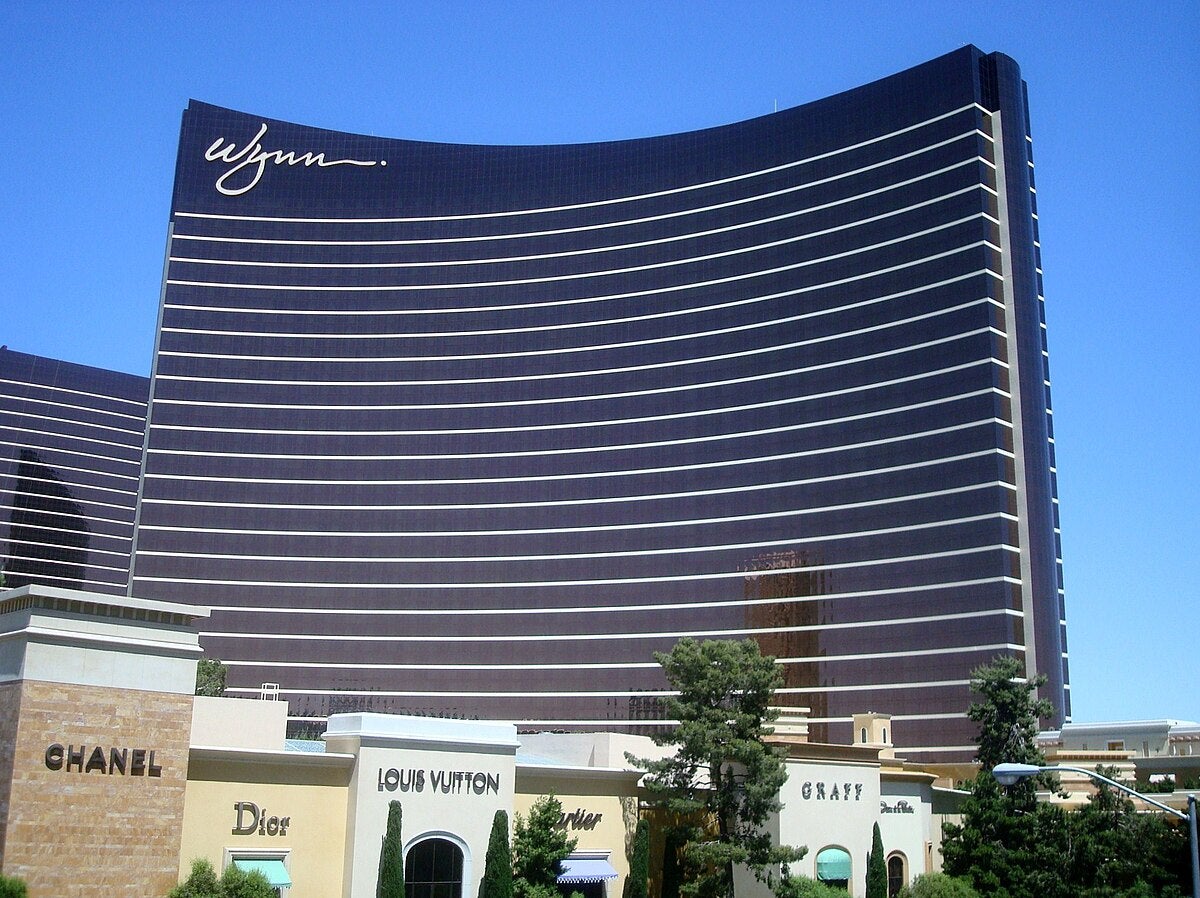


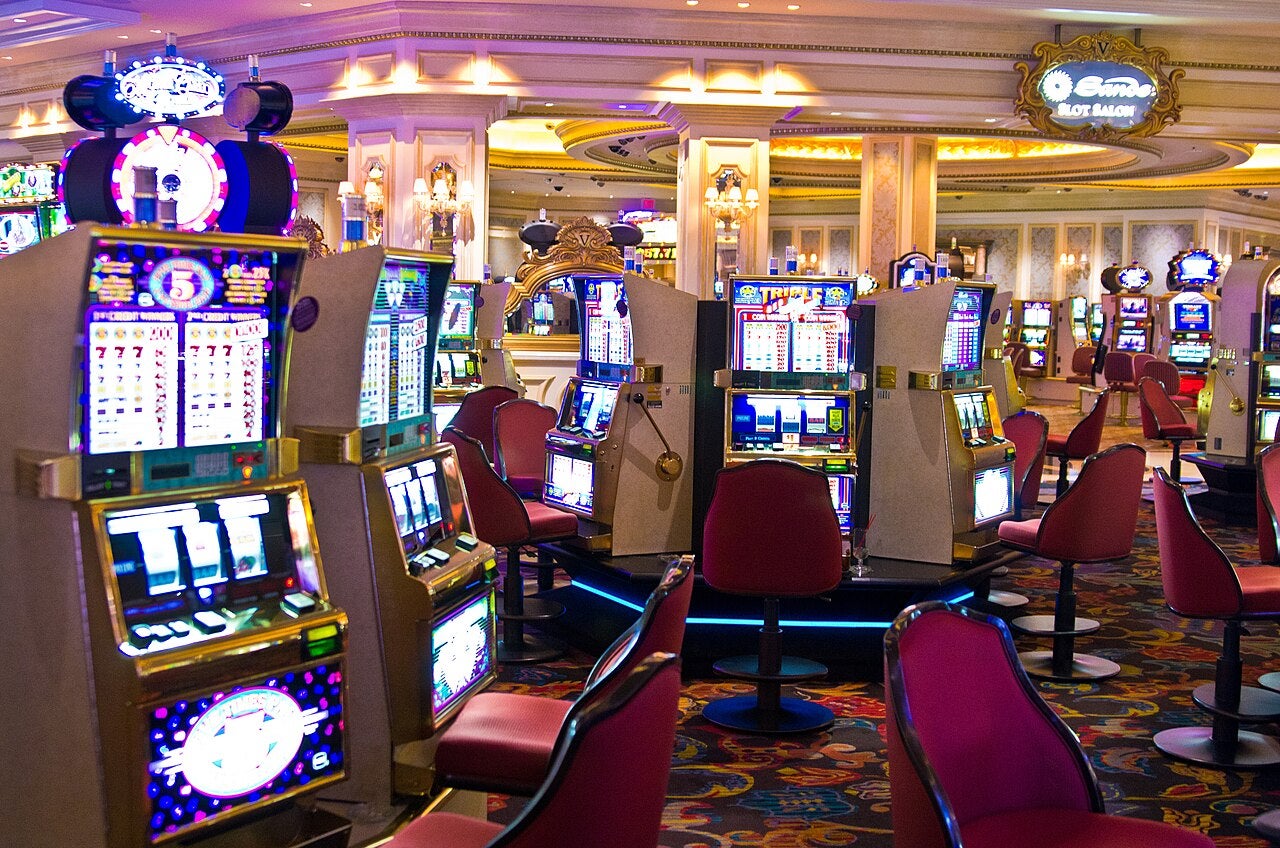

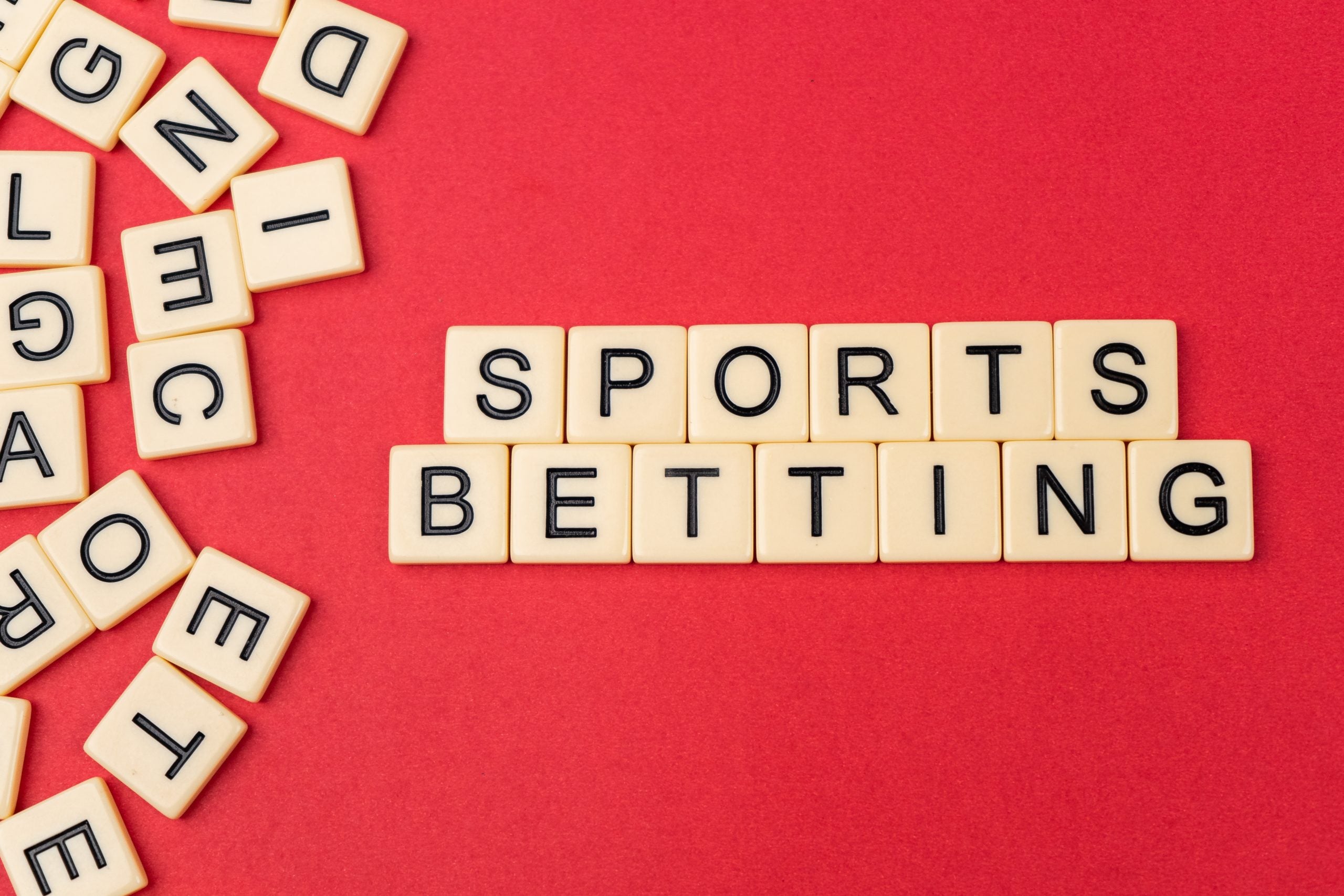
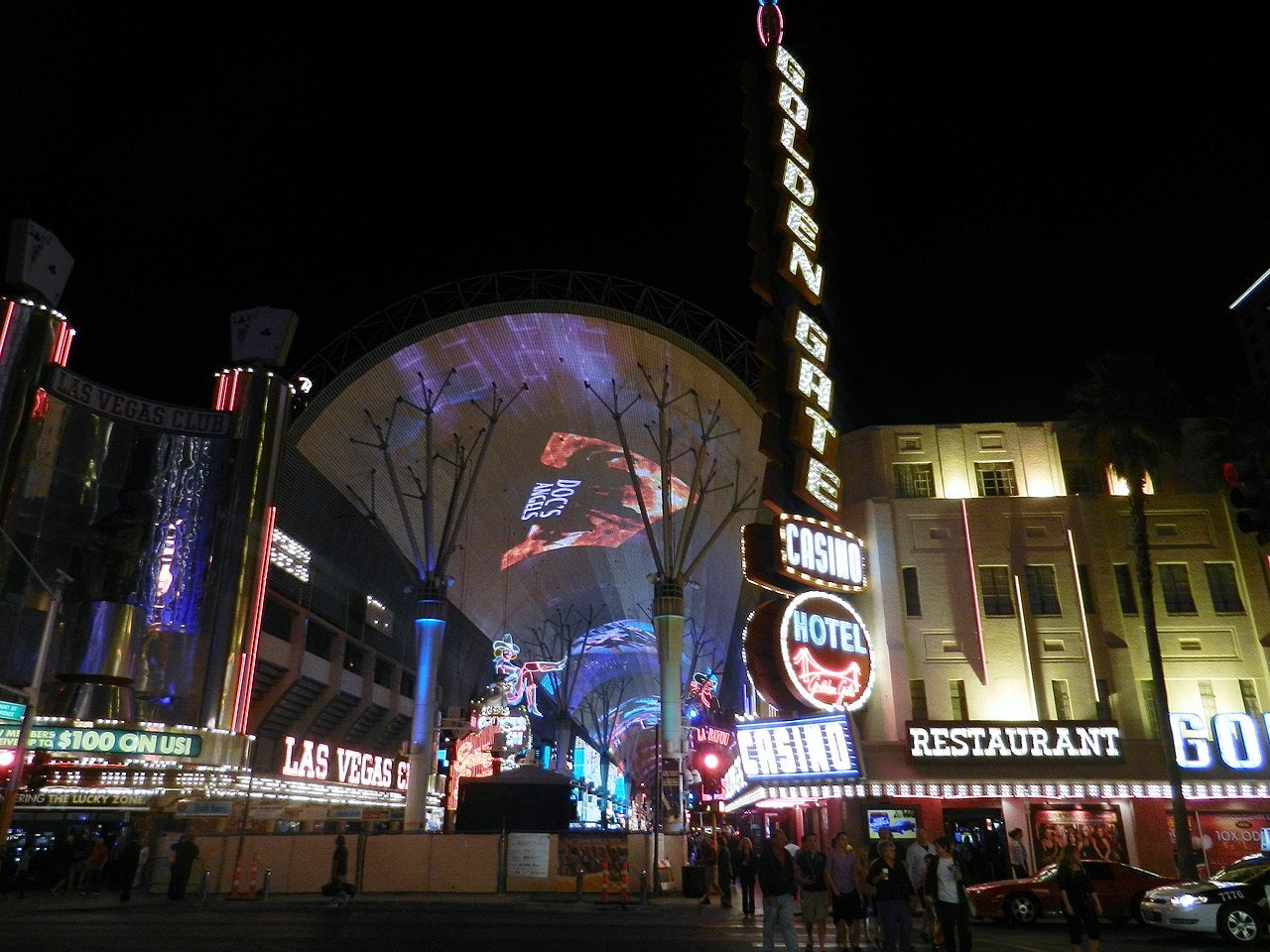
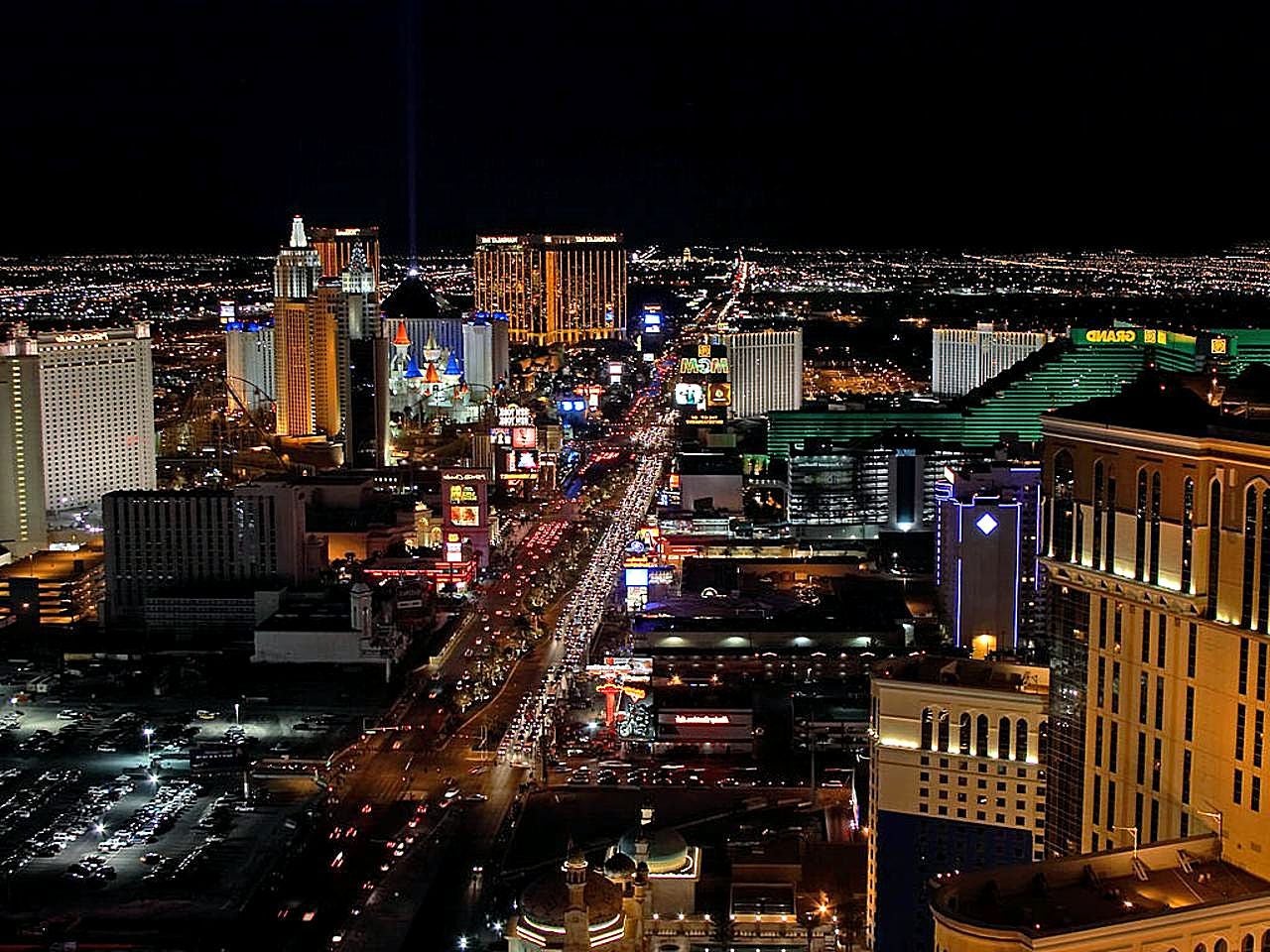
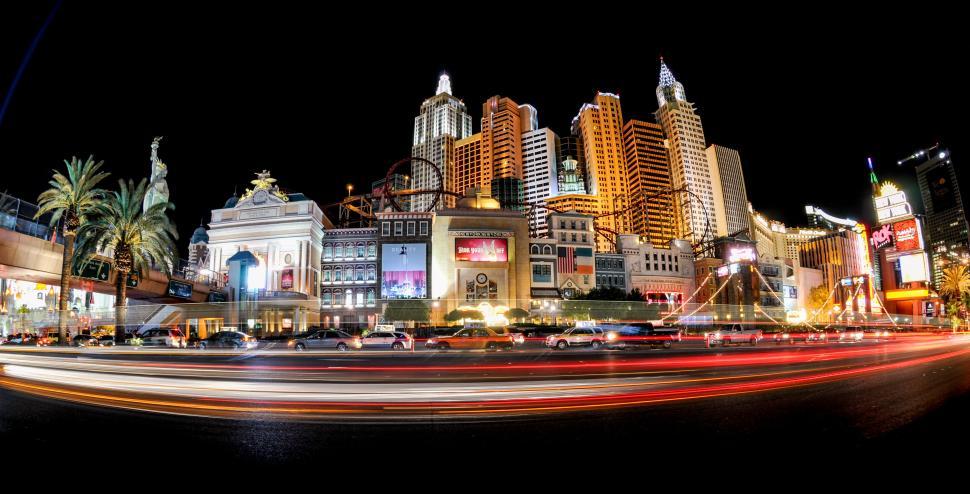
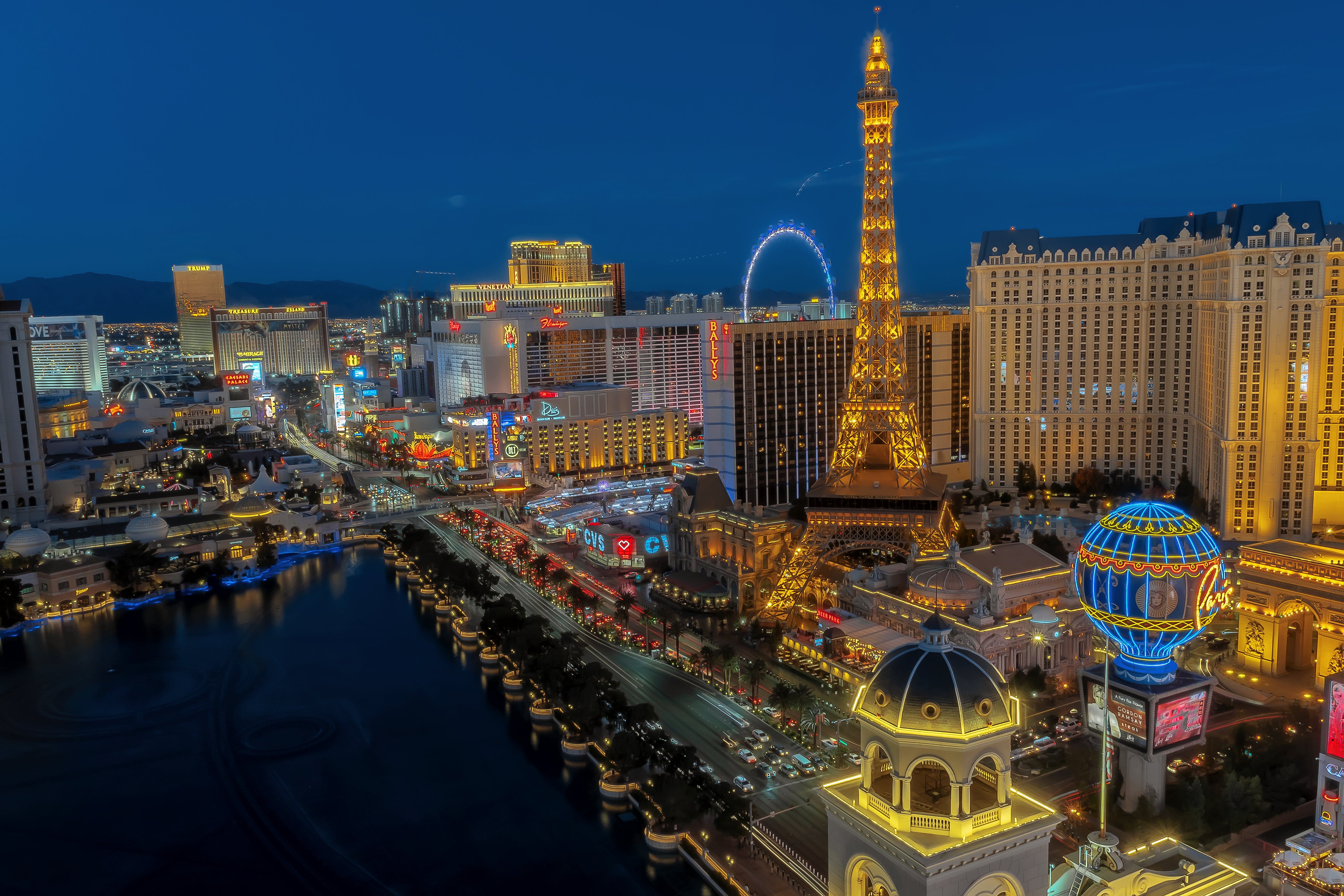
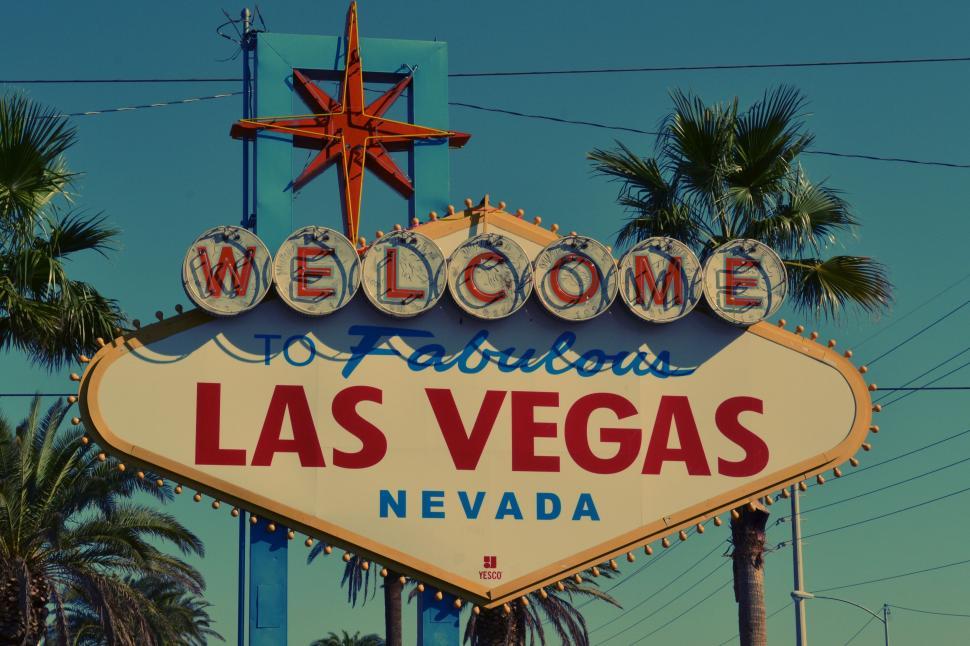

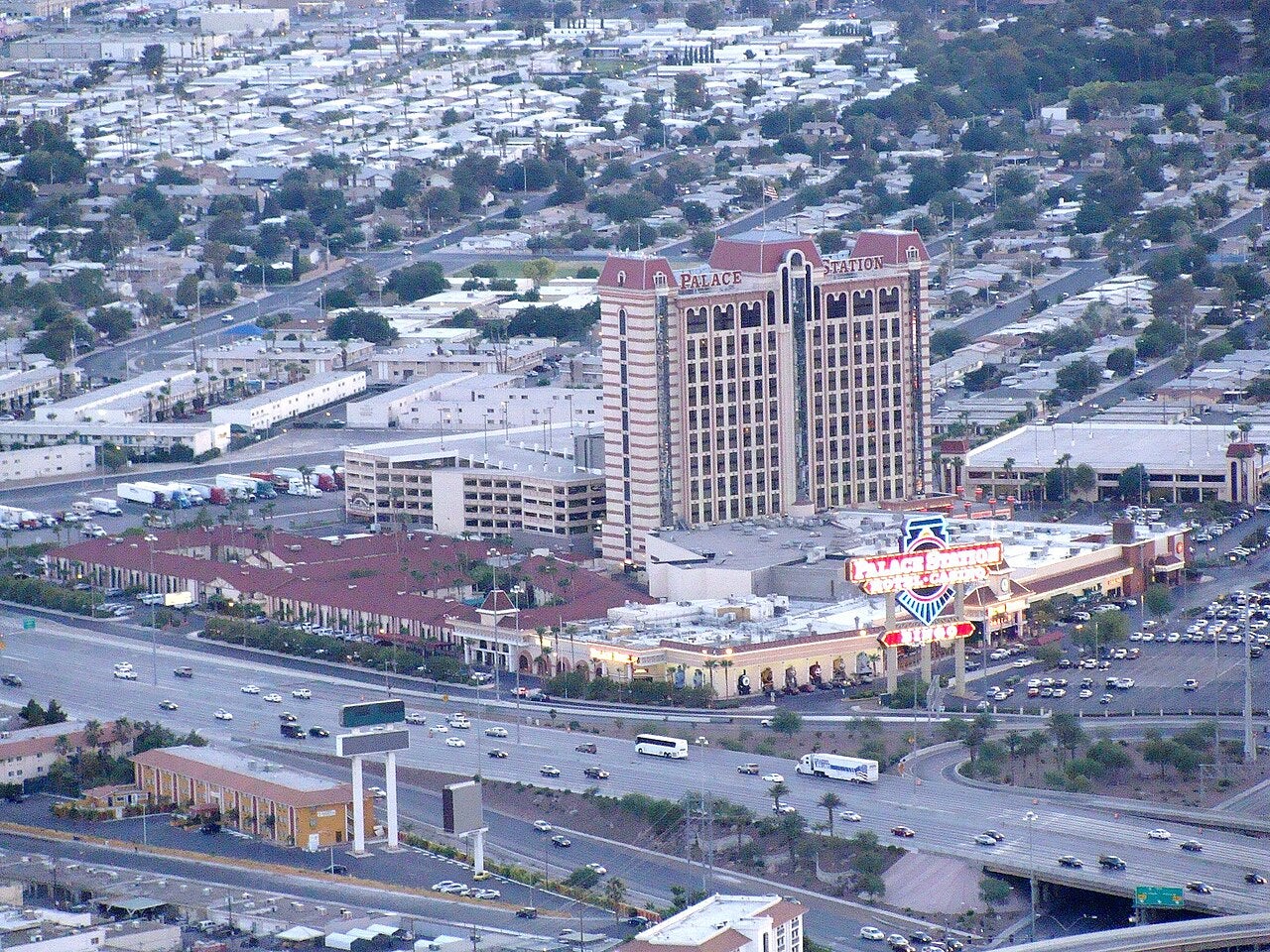
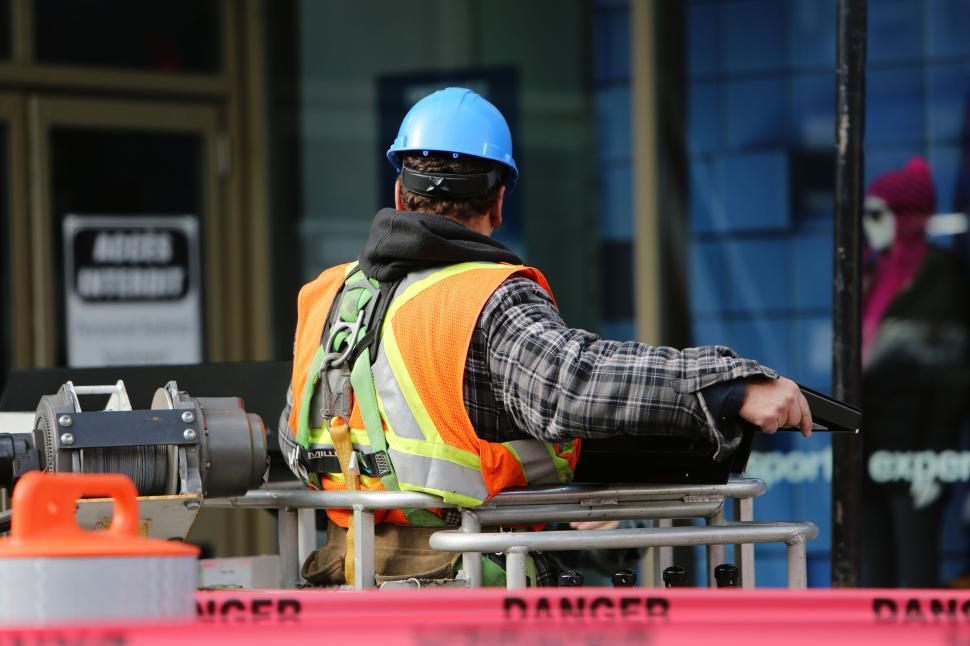
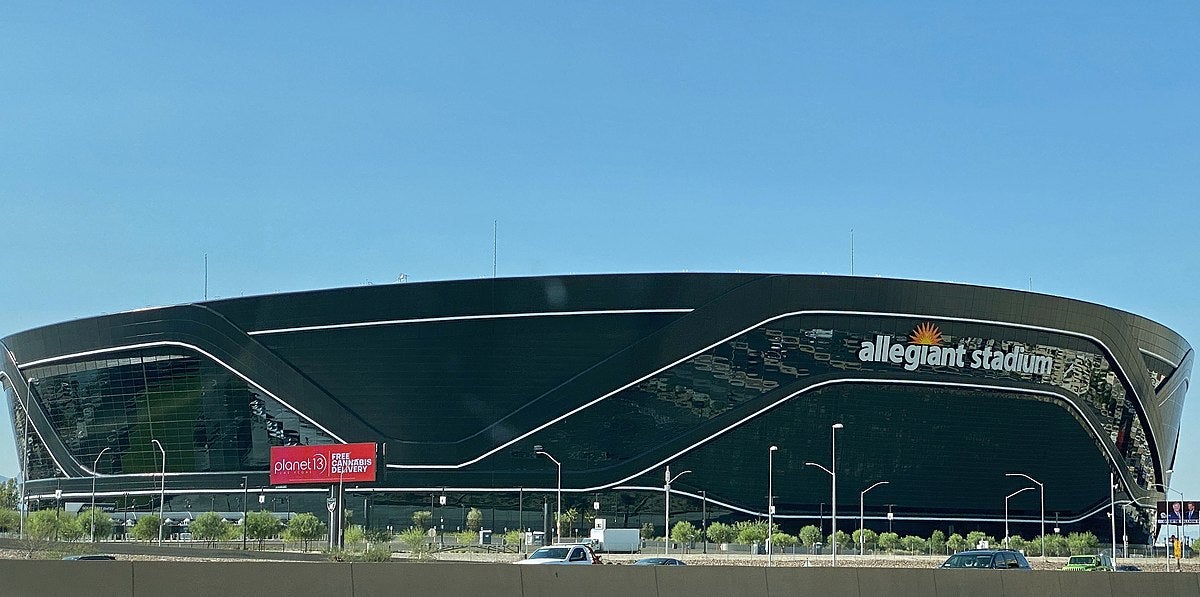
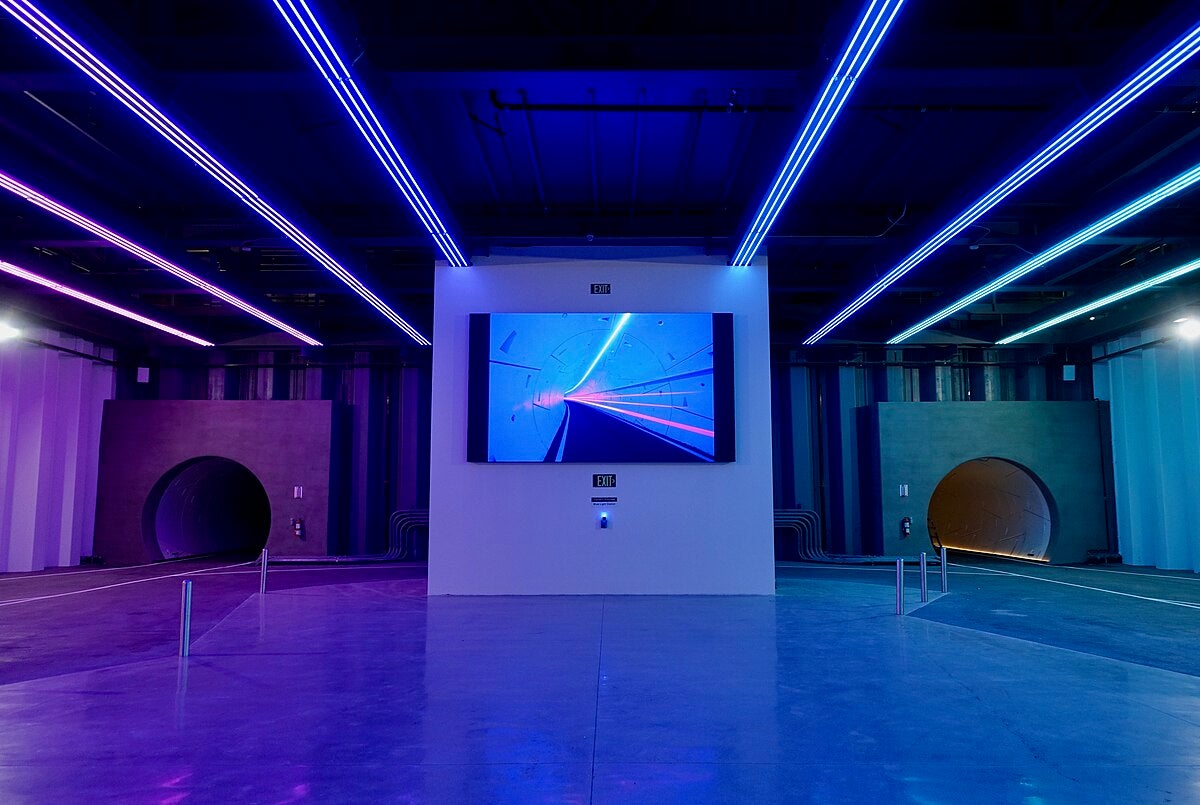





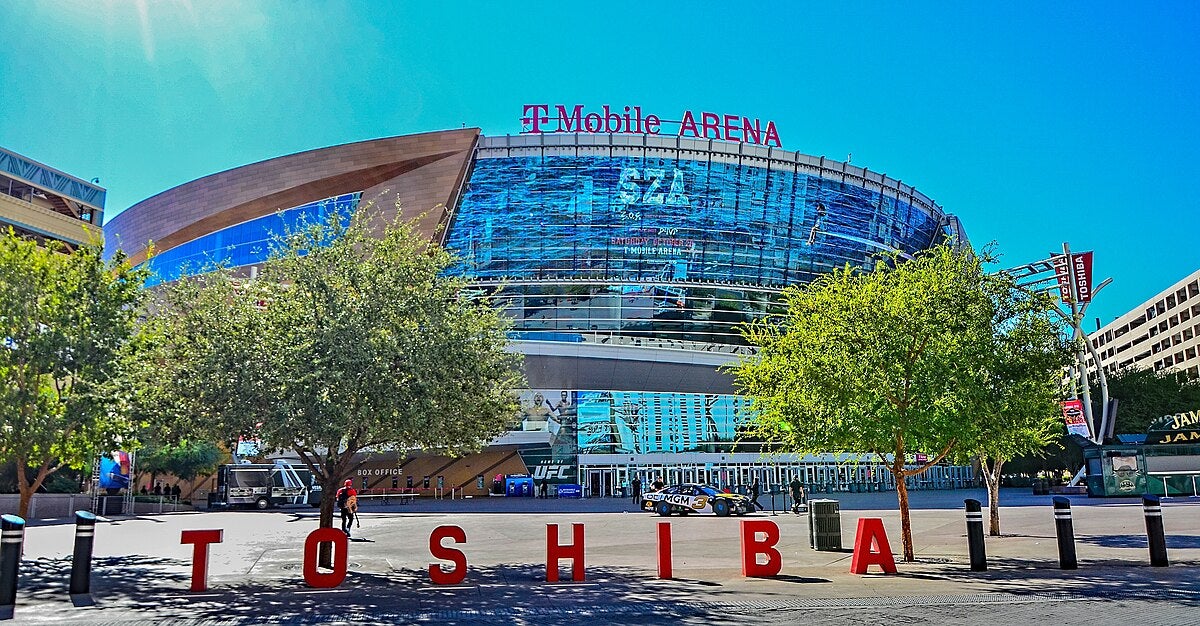
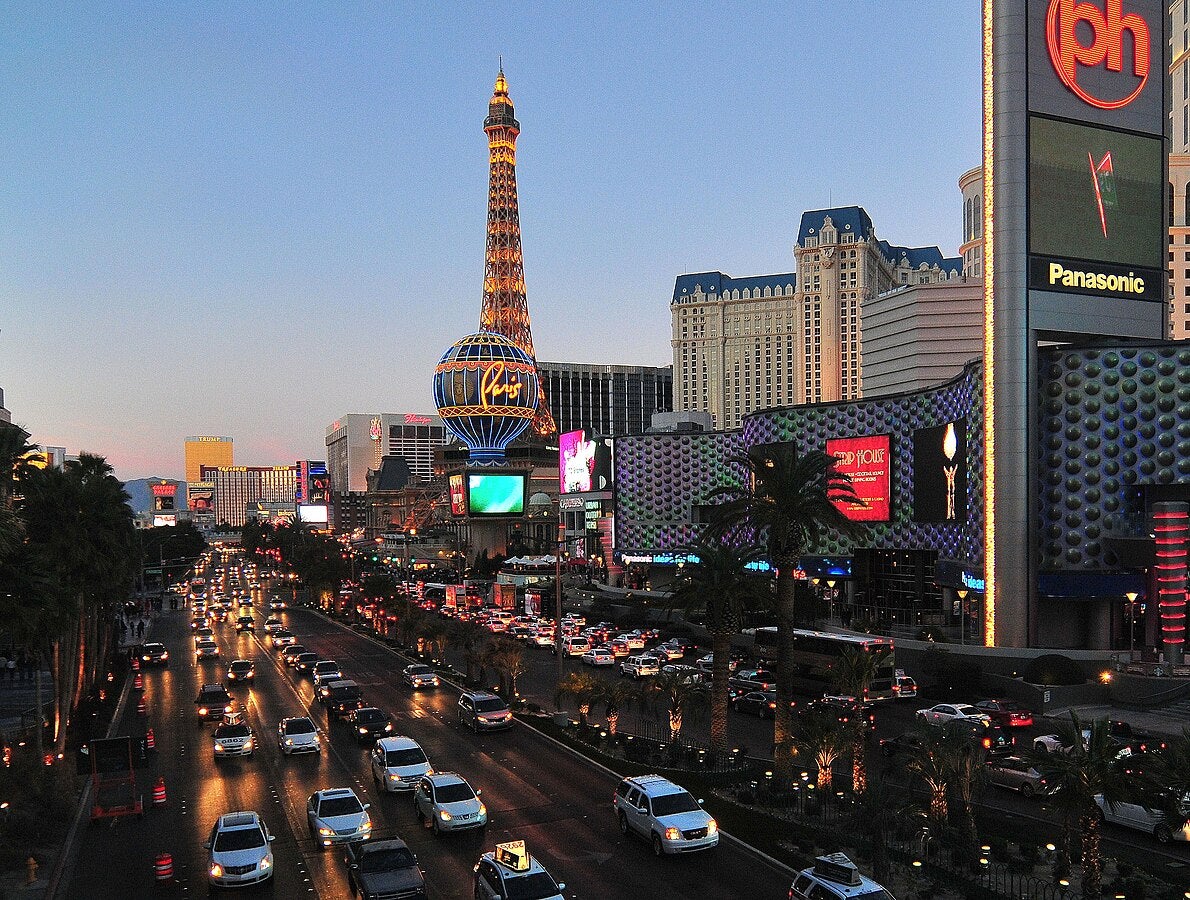
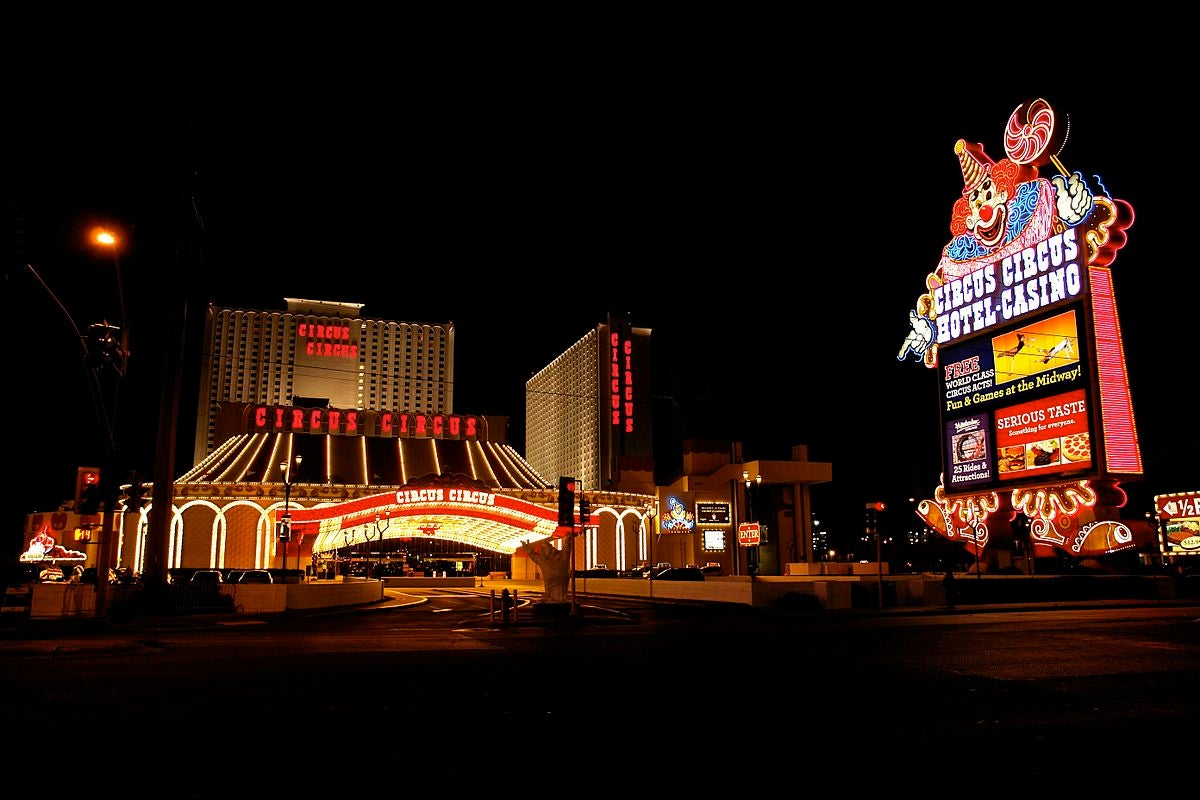
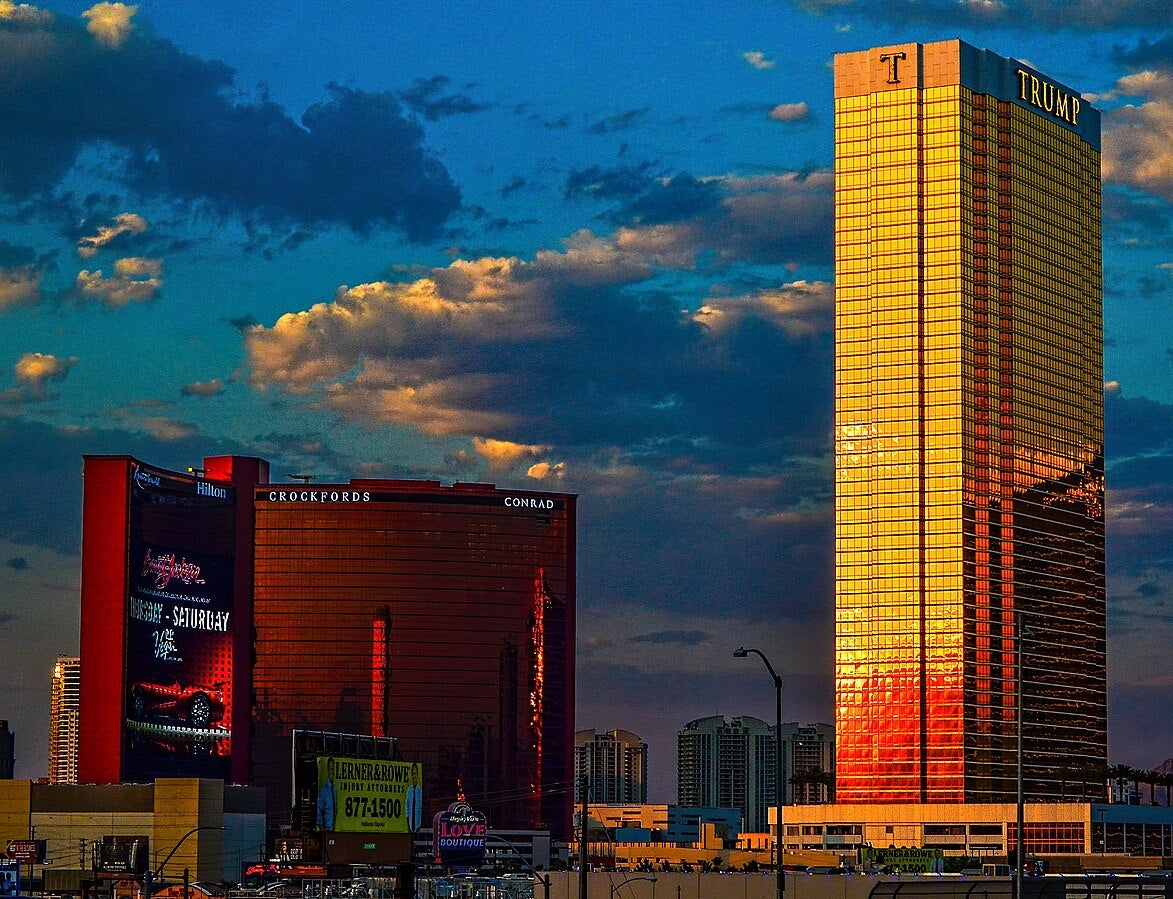
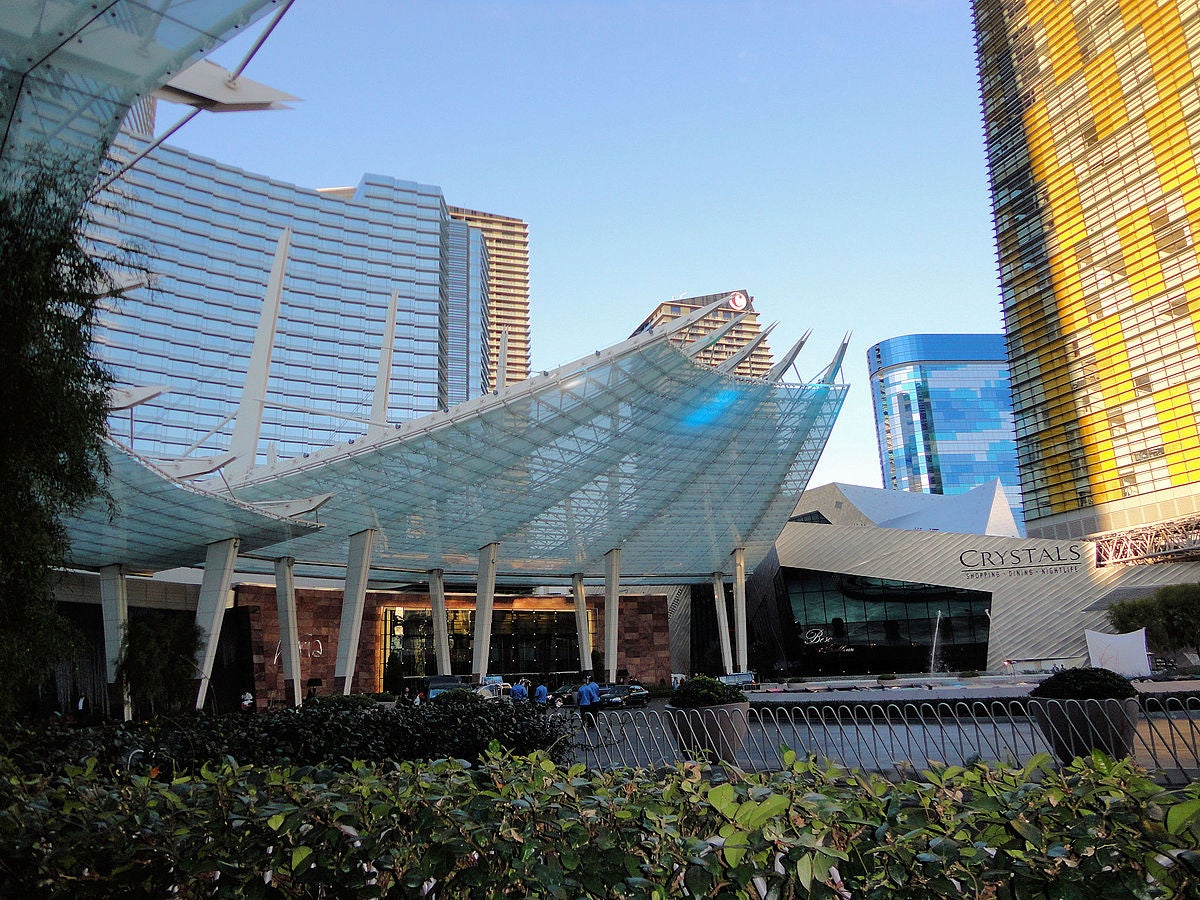
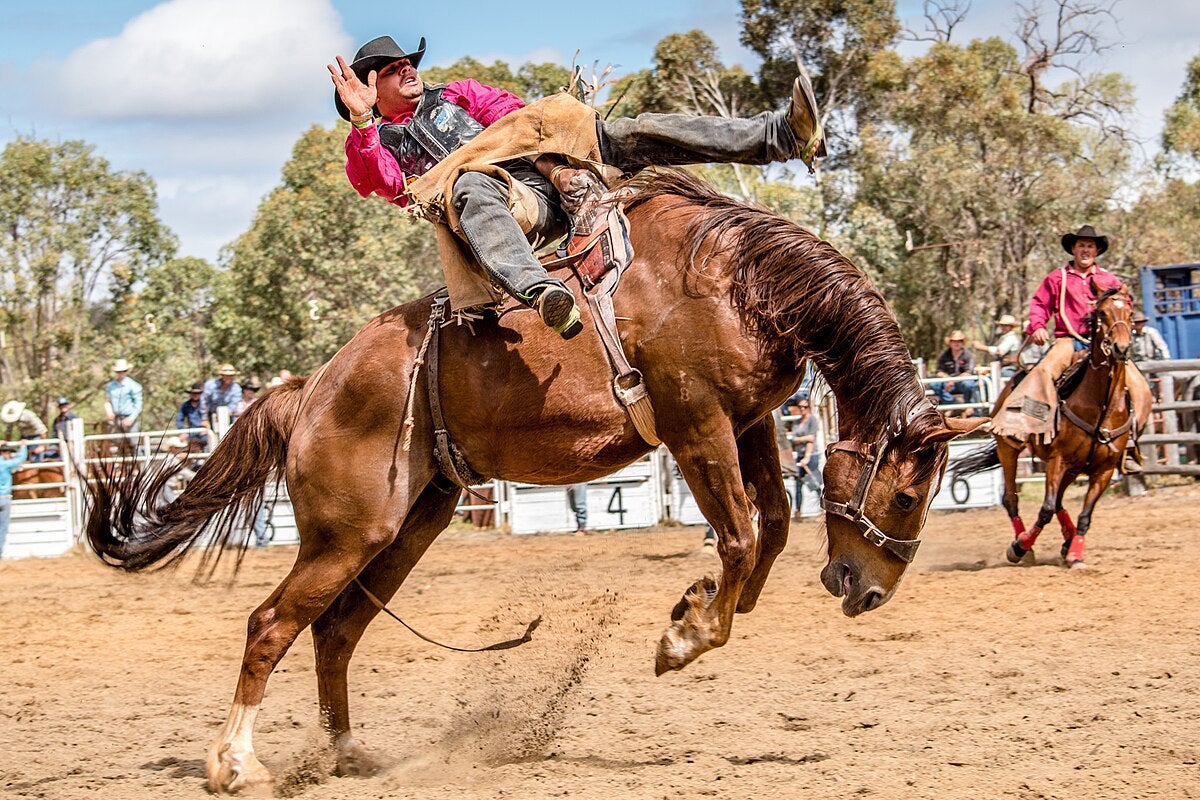
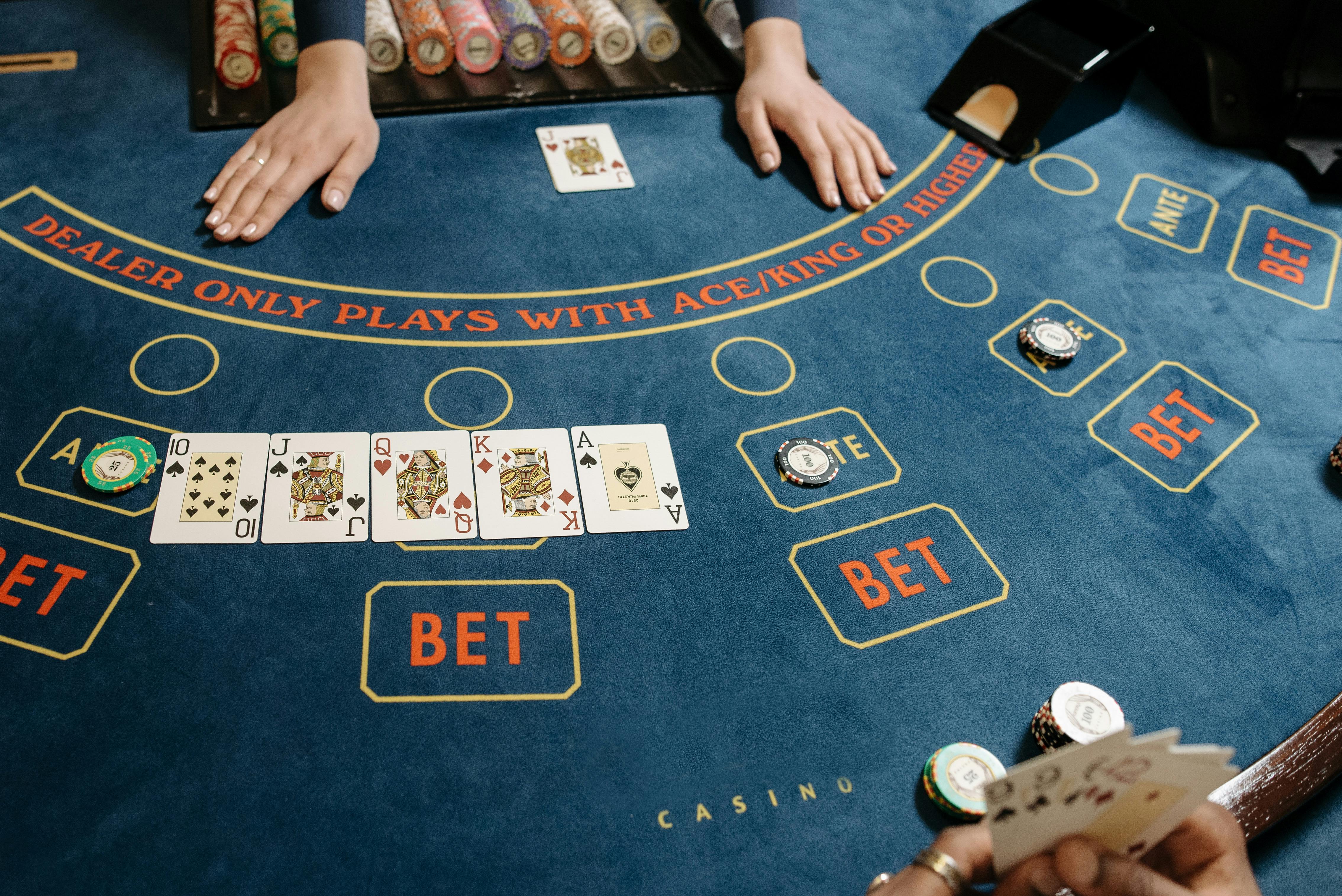
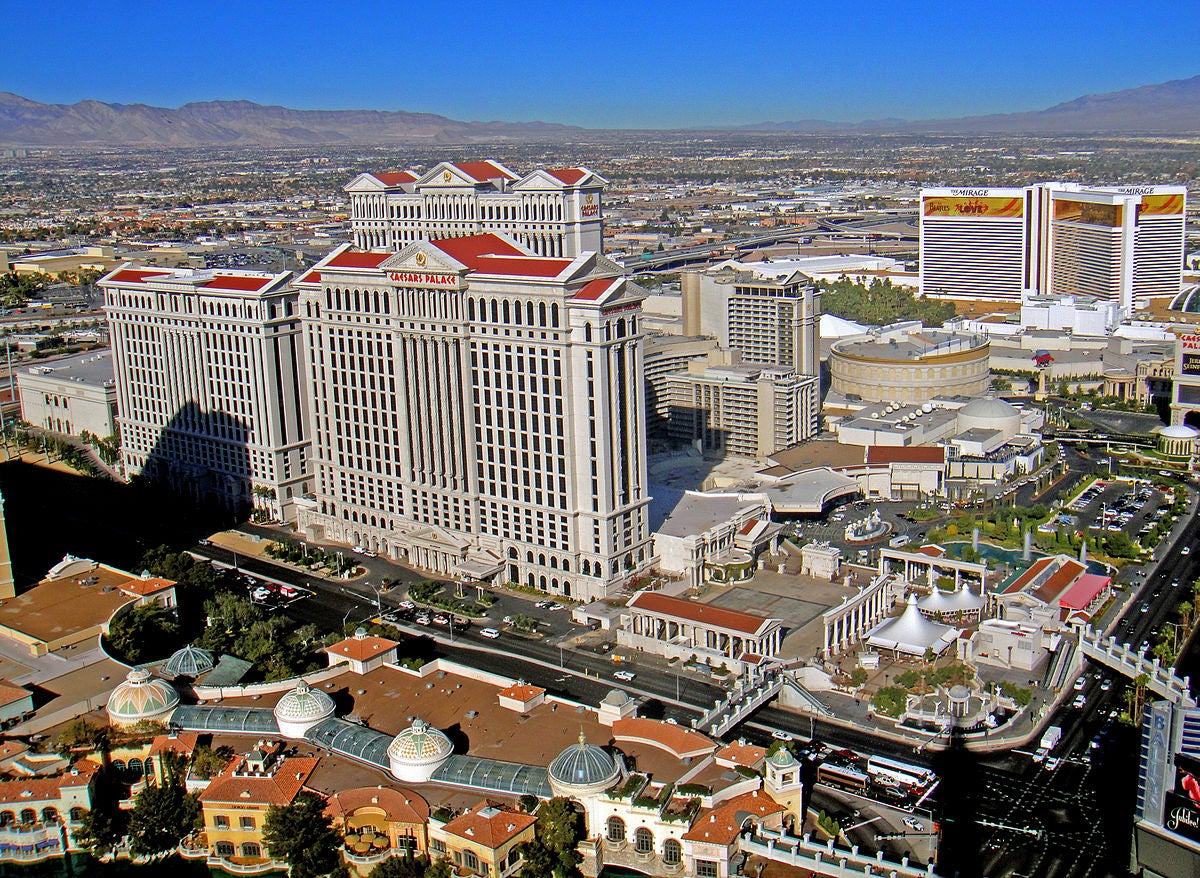
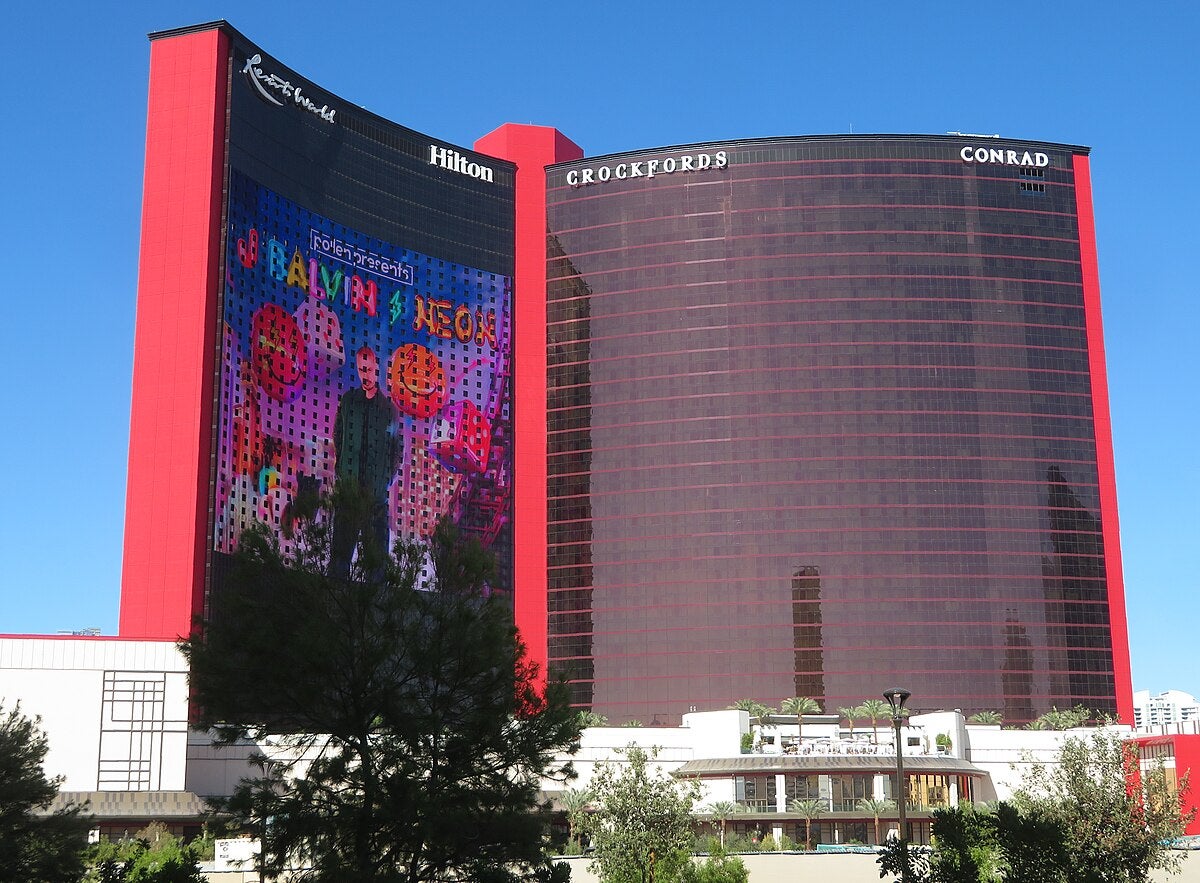
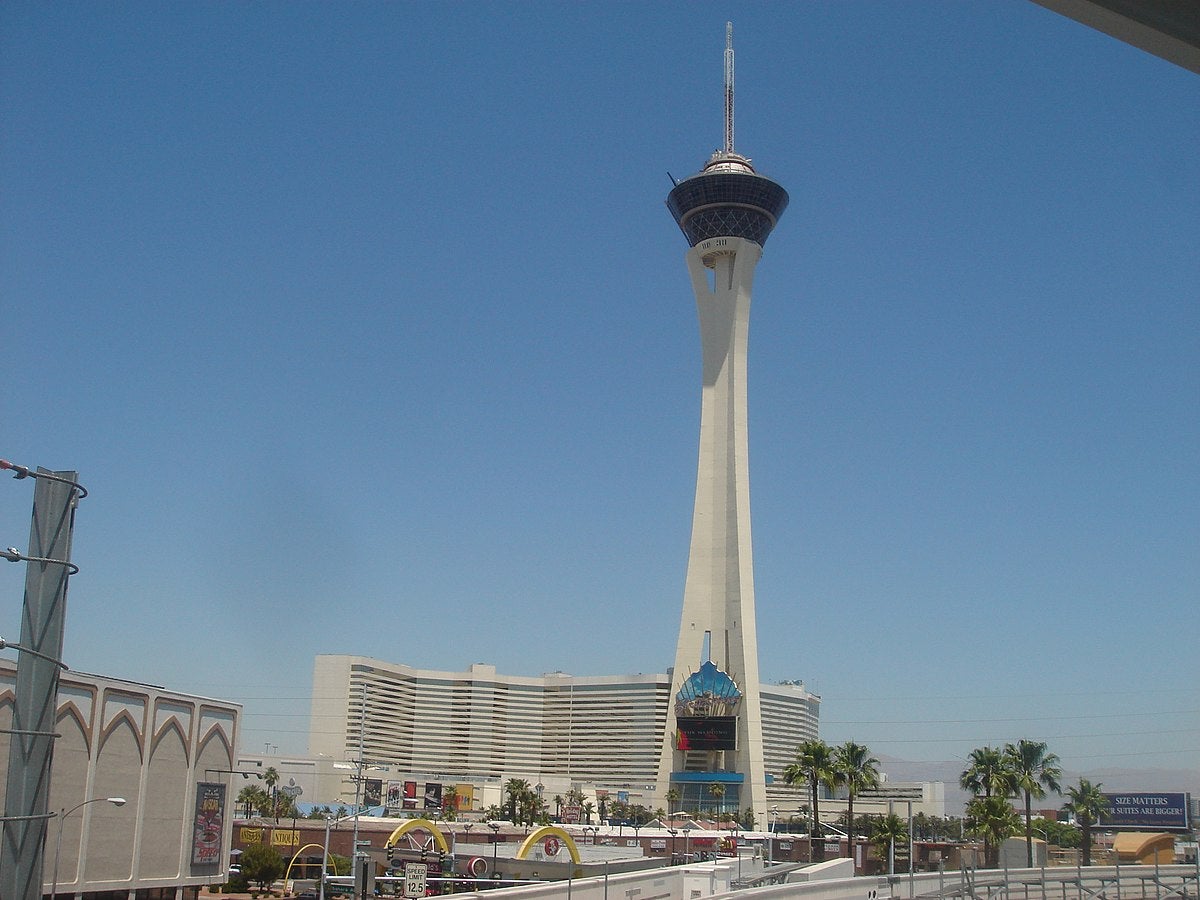
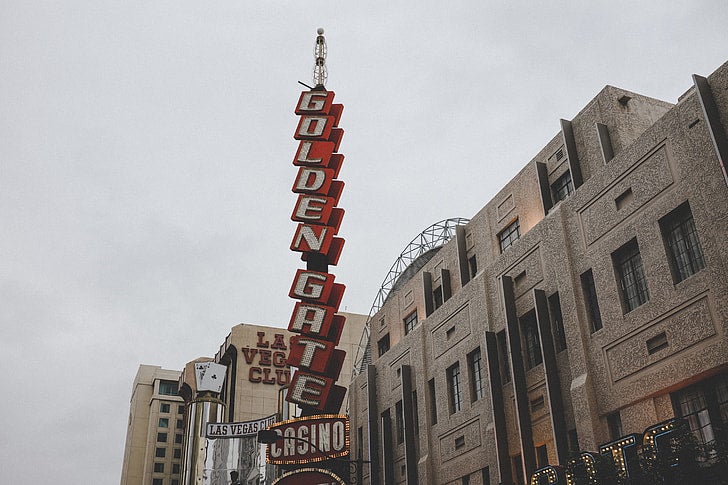
.jpg)
